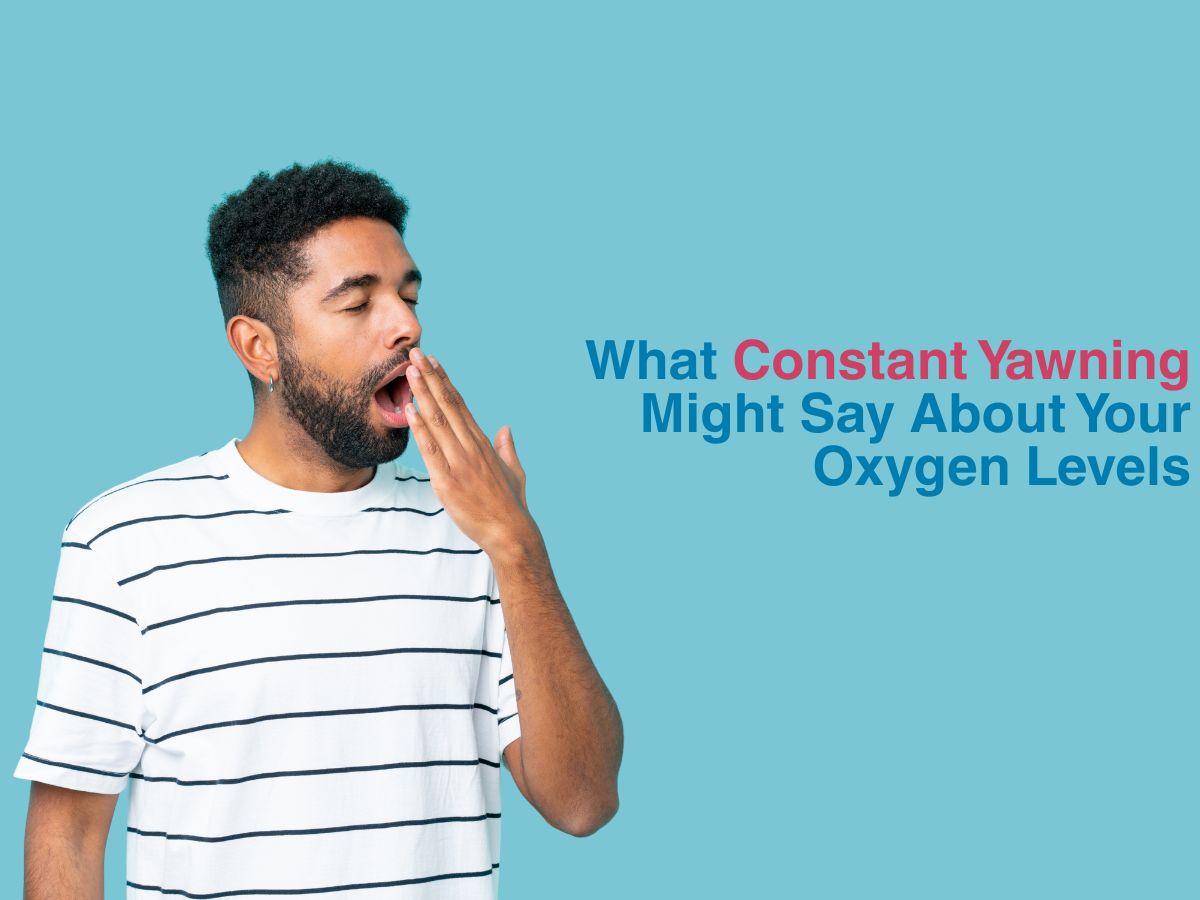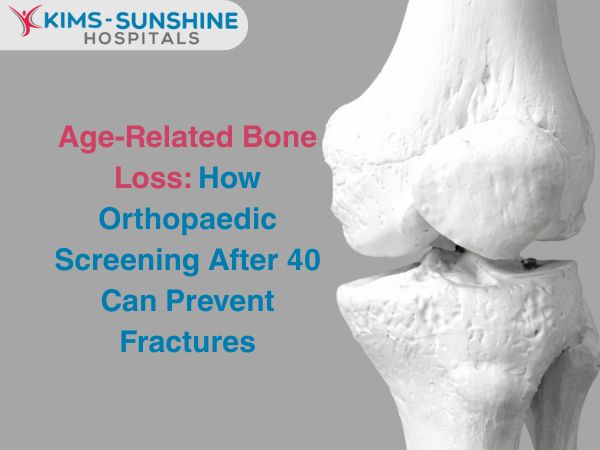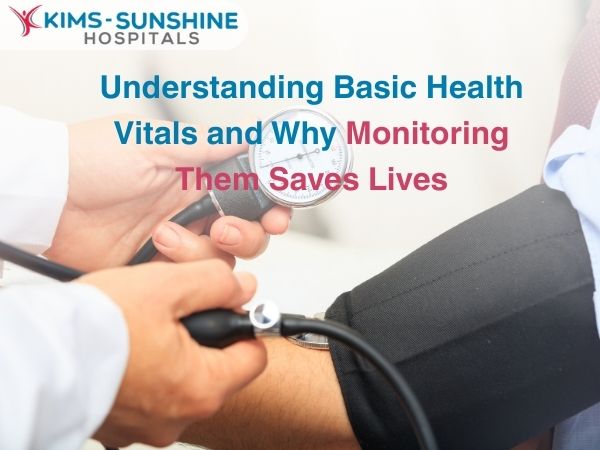
What Constant Yawning Might Say About Your Oxygen Levels

People who like learning trivia and related facts will tell you that when you yawn, your brain resets and signals that it requires more oxygen. But, studies have shown that there is no pronounced change in oxygen levels, just before a big yawn. Yawning is also called oscitation and scientists are trying to puzzle this whole phenomenon out as it is not completely understood. Yawning actually has steps- first step where you inhale, when your muscles in the mouth and throat stretch really well, followed by a big exhale as the muscles lose much pent up tension. Even babies in the womb cannot stop yawning and they do it a lot- like 25 times per day or so. The number of times we yawn drastically reduces, as we grow up. Yawning happens in different animals too.
Is Constant Yawning A Sign Of Low Oxygen Levels In The Body?
Since we don’t really have a clue why we yawn, 3 possible theories have been floated around by researchers, one of which is we yawn due to not having enough oxygen and wanting to wake the brain up. We normally yawn when we are bored, right? This may be due to the fact that we feel sleepy, need a jolt and that is what a yawn does- heart rate increases and muscles flex – making you feel more alert than before. You may have also noticed that you yawn more during and after a super intense workout- where your body temperature goes up by a couple degrees or so. Yawning has a cooling effect apparently and this helps the brain regulate its temperature better, as cooler blood quickly flows in and pushes out the warmer blood. Yawning has also been identified as a social cue of sorts- where a group of people yawn one after the other, if they see one person do that. So, the theory that yawning helps get more oxygen into your body does not work as well- as babies do it and they don’t breathe at all- their oxygen needs are taken care of blood itself, that flows into and out of the umbilical cord- via the artery and the vein respectively.
Is Constant Yawning Linked To Sleep Apnea Or Other Breathing Issues?
Yawning has been linked to a number of causes and one such prominent cause is sleep apnoea. It is a phenomenon where a person is not able to breathe normally when they sleep, causing them to jerk awake or snore to cope with it all. Some studies have shown that lower oxygen levels mean more yawning- and this is what happens if someone has sleep apnoea. Other research has not really supported this claim though.
What Health Conditions Cause Constant Yawning Due To Oxygen Deficiency?
Conditions like narcolepsy may make you fall asleep at any time or anywhere- and people may yawn before falling asleep in such cases. Withdrawal from drugs can cause you to yawn way more than usual too. If you are on specific drugs like antidepressants, then that is another well known cause. Other conditions that may cause you to yawn include neurological disorders like epilepsy, migraine, stroke, multiple sclerosis, and even ALS (amyotrophic lateral sclerosis) respectively.
Conclusion
Yawning is normal, if you do it about 10-15 times in a day, but some people may yawn a lot- more than 3 times in 15 minutes or so, multiple times in a day then that may be worrying. Yawning can affect your eyes, throat, ears too and cause you to stretch your body- especially after a nice long nap. Yawning is culturally considered rude- it means that you haven’t been paying attention or are too bored. But, people on specific drugs or with medical issues can yawn a lot and it is not their fault. This may affect their quality of life and impact their interactions with people around them. When this happens, it is better to talk to a doctor to understand what’s going on.
Frequently Asked Questions
Why do I keep yawning throughout the day, even when I’m not tired?
Does excessive yawning indicate a breathing problem or lung issue?
Can I improve my oxygen levels if I keep yawning often?
Why do I yawn more during physical activity or exercise?
What should I do if I’m yawning excessively, and it’s affecting my daily life?






